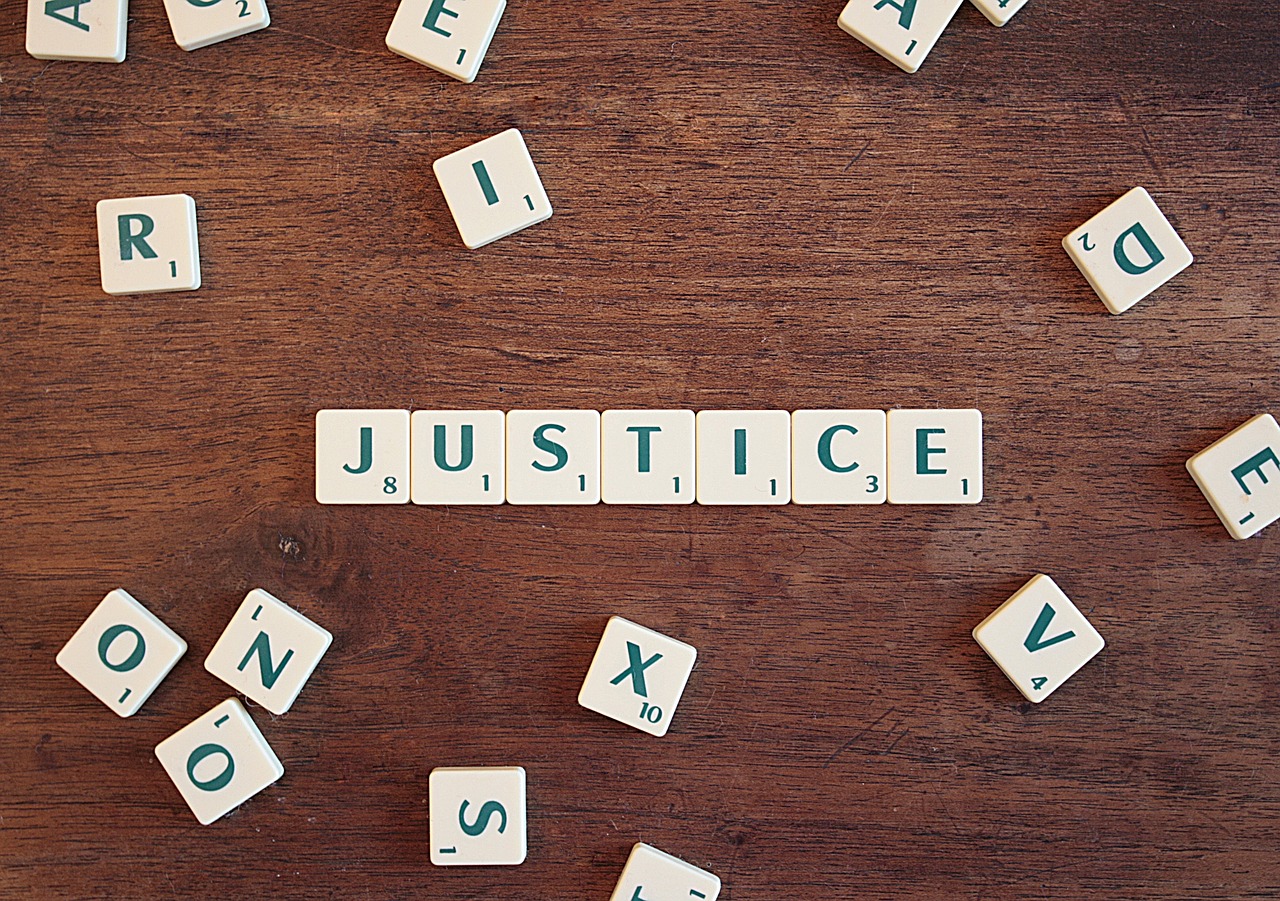Now Reading: How to Prepare for a Personal Injury Case: A Guide for Victims
-
01
How to Prepare for a Personal Injury Case: A Guide for Victims

How to Prepare for a Personal Injury Case: A Guide for Victims
When faced with the aftermath of an accident, the path to recovery can be overwhelming. Personal injury cases are complex, often riddled with legal jargon and procedural hurdles that can leave victims feeling vulnerable and lost. Understanding how to prepare for a personal injury case empowers victims and ensures they are adequately equipped to advocate for their rights and pursue the compensation they deserve. Being informed is key to achieving justice when dealing with medical bills, loss of income, or pain and suffering. This guide aims to provide essential steps and insights to help victims navigate their personal injury claims confidently and clearly.
Contact a Personal Injury Attorney
Reaching out to a personal injury attorney is critical in preparing for your case. A knowledgeable attorney brings expertise in navigating the complexities of personal injury law and can guide you through the legal process. They will assess the details of your case, inform you of your rights, and help determine the best course of action. Many attorneys offer free consultations, which can provide valuable insights into the merits of your claim without any financial commitment.
Selecting the right legal representation can significantly impact the outcome of your case. A reputable Calgary personal injury attorney can negotiate effectively with insurance companies on your behalf, ensuring that you receive fair compensation for your injuries and losses. They will also gather evidence, manage paperwork, and represent you in court if necessary, allowing you to focus on your recovery while they advocate for your rights.
Write Down Details of the Accident
In personal injury cases, details matter. Documenting all the relevant information about your accident as soon as possible is crucial. This includes a detailed account of what happened before, during, and after the accident. Be sure to include any witnesses’ names and contact information, the date and time of the incident, and any photographs or videos you may have taken at the scene.
Additionally, it is essential to keep detailed medical records, including diagnoses, treatments, and expenses. These records are crucial for showing your injuries and their impact on your life. Organized documentation is invaluable when discussing your health with healthcare professionals, insurance companies, or legal advisors, ensuring all parties understand the changes you’ve experienced.
Seek Medical Attention
After an accident, medical attention should be a top priority, regardless of how minor or severe your injuries may seem. It is crucial for your physical recovery and the strength of your personal injury case. Delaying or refusing medical treatment can give insurance companies and opposing parties the impression that your injuries are not significant or that you are not taking them seriously, potentially weakening your claim.
Additionally, obtaining a medical evaluation from a professional immediately after the incident allows for any injuries to be identified and treated promptly, minimizing potential long-term complications. Furthermore, having documentation from a healthcare provider connecting your injuries to the accident is essential in establishing causation and proving damages in your personal injury case.
Keep a Record of Expenses
Keeping a detailed record of all expenses related to your injury is crucial for supporting your personal injury claim. This should include both direct and indirect costs from the accident. List all medical expenses like hospital bills, medication, therapy sessions, and other recovery treatments. Remember to track out-of-pocket costs, such as transportation to medical appointments or home modifications due to your injuries.
Besides medical expenses, document other financial impacts like lost wages from time off work and potential future earnings if your injury affects your ability to work. Organize receipts, invoices, and relevant financial statements in a folder or digital format for easy access when discussing your claim with your attorney. A clear account of your expenses can strengthen your case and support your claim for the compensation you deserve.
Avoid Discussing Your Case or Signing Anything Without Legal Advice
Avoid discussing it with anyone, including insurance adjusters or the opposing party, when preparing for a personal injury case. Insurance companies may quickly contact you post-accident to pressure you into statements or signing documents that could hurt your case. Their main goal is to minimize payouts, not to look out for your interests.
Instead, direct all communication regarding your case to your attorney. They will advise you on what information should be shared and when to ensure that any statements made are in your best interest. An experienced personal injury attorney can also review any documents before you sign them, protecting your rights and preventing any unintentional concessions that may harm your case.
Understand the Statute of Limitations
Each state has a statute of limitations, the timeframe within which a legal suit must be filed. In Arizona, for example, the statute of limitations for personal injury claims is two years from the accident date. Failing to file your case within this timeframe could result in losing your right to pursue compensation.
Understanding these deadlines and ensuring all necessary paperwork and filings are completed within the designated time frame is crucial. Your attorney will be well-versed in the applicable laws and can guide you through this process to ensure your case is filed within the appropriate time.
Be Prepared for a Settlement or Trial
After all necessary steps are taken, it’s important to prepare for a settlement or trial mentally. While most personal injury cases are settled before reaching court, it’s essential to understand what each option entails.
A settlement typically involves negotiating with insurance companies or opposing parties outside of court, resulting in an agreement to compensate for your losses. In contrast, taking a case to trial involves presenting evidence and arguments before a judge or jury to determine the outcome.
By being prepared for both options, you can confidently approach the process and make informed decisions that align with your goals and best interests. Your attorney will work closely with you to determine your case’s most appropriate course of action, keeping your desired outcome in mind.
By following these steps, victims can prepare themselves for a personal injury case and ensure they have the necessary knowledge and tools to pursue their legal rights. It’s important to remember that each case is unique, and seeking guidance from an experienced personal injury attorney is crucial in navigating this challenging process. With proper preparation, determination, and support, justice can be achieved for those suffering due to someone else’s negligence or wrongdoing.











